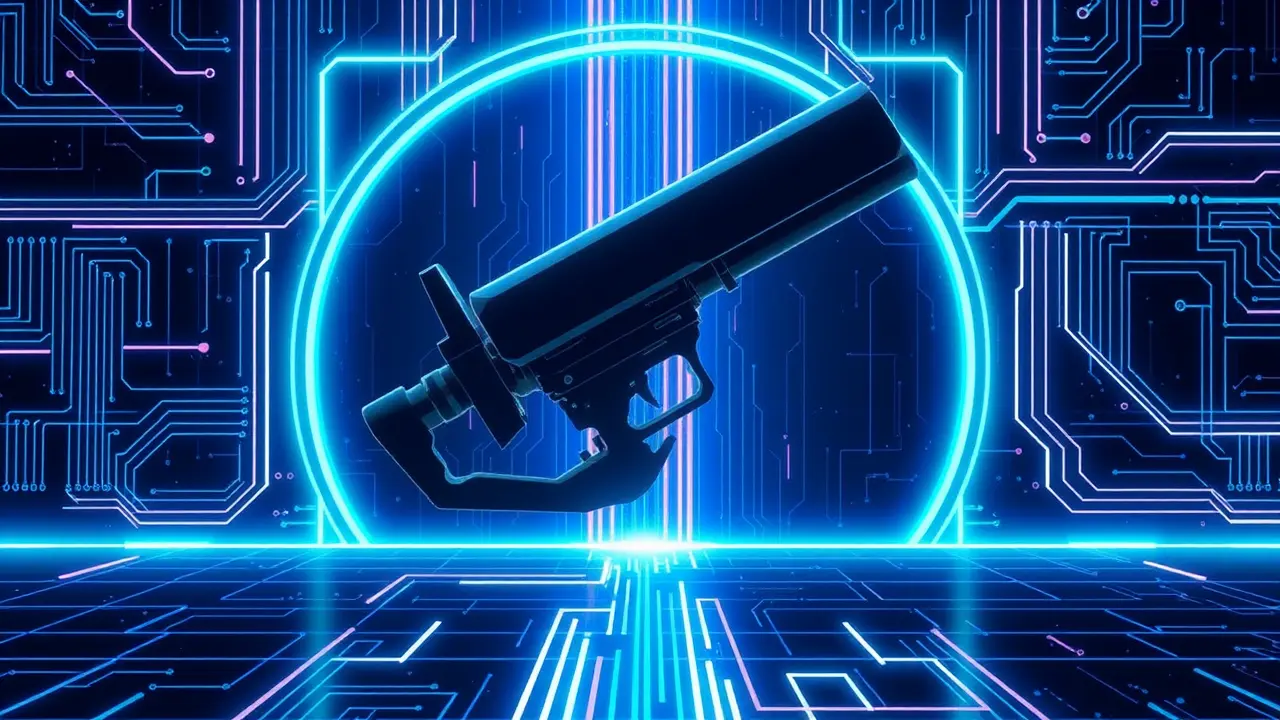US Investors Acquire Controlling Stake in Spyware Maker NSO
In a move that sends seismic ripples through the corridors of global power and the shadowy world of cyber-surveillance, the NSO Group has confirmed to TechCrunch that a controlling stake in its notorious operations has been acquired by an unnamed consortium of American investors. This isn't merely a corporate takeover; it's a strategic gambit with the chilling potential to redraw the entire battlefield of digital espionage.For years, NSO has been the specter haunting human rights defenders and political dissidents, its Pegasus spyware a digital skeleton key capable of silently infiltrating smartphones, turning them into perfect surveillance devices. The firm became a pariah, blacklisted by the U.S. Commerce Department itself for its alleged role in targeting journalists and activists from Saudi Arabia to Mexico.Now, the very American capital that once shunned it holds the reins, a scenario rife with both peril and paradoxical opportunity. The immediate risk calculus is profound: will this U.S. ownership serve as a legitimizing cloak, laundering NSO's tarnished reputation under the guise of corporate governance and aligning its powerful tools more squarely with Western intelligence interests? Or does it represent a more insidious form of regulatory capture, where a tool of immense power is absorbed into a sphere of influence, potentially insulating it from the very accountability that was beginning to constrain it? We must consider the historical precedent of intelligence assets being sanitized through corporate structures, a playbook familiar from the post-Cold War era where former KGB operatives and their technologies found new homes and patrons.The identity of these investors is the critical unknown variable; are they private equity vultures seeking to arbitrage a distressed asset, former intelligence officials looking to commercialize their expertise, or a consortium with tacit, if not explicit, state-level backing? Each possibility carries a different set of geopolitical implications. If the buyers have ties to U.S. intelligence, one could envision a future where Pegasus is quietly integrated into a broader arsenal, used to target adversaries under a new, more 'acceptable' banner.Conversely, if this is purely a financial play, the pressure to generate returns could lead to an even more aggressive and less discriminate global sales strategy, perhaps targeting corporate espionage markets previously deemed too risky. The regulatory landscape is now a minefield; will the Commerce Department's Entity List designation be revisited, effectively blessing the new ownership and opening the floodgates for renewed, and now U.S. -backed, proliferation? This acquisition is more than a business headline; it is a stress test for the fragile international norms governing cyber weapons. It forces a uncomfortable scenario planning exercise: what happens when a weapon of such precision falls into the hands of a new master, one operating from within the heart of the very system that sought to control it? The world is watching to see if this is the moment the hunter is tamed, or simply given a better camouflage.
It’s quiet here...Start the conversation by leaving the first comment.
© 2025 Outpoll Service LTD. All rights reserved.
